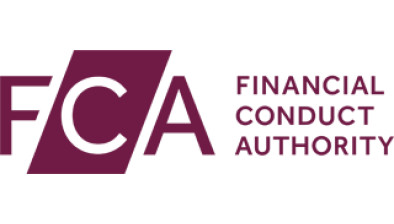FCA warns businesses to stop misleading credit adverts to protect consumers

The Financial Conduct Authority (FCA) is warning lenders and brokers to stop using misleading terms in their advertising or face regulatory action.
The increased cost of living means that more people may take out loans. Marketing that does not give clear information and warnings about the potential consequences of borrowing puts consumers at risk of finding themselves in a worse financial position.
The FCA has written to almost 28,000 consumer credit firms warning them not to use terms such as “no credit check loans”, “loan guaranteed”, “pre-approved” or “no credit checks” when marketing loans. Firms’ adverts should not give consumers the impression that they will automatically get a loan if they apply, or that they can get a loan without the lender checking they can afford it.
Following today’s letter, the FCA will continue to monitor online credit advertising to check that firms are complying. If firms fail to comply, the FCA will take action which could include banning adverts or requiring firms to change or withdraw them – or even removing a firm’s permissions to engage in regulated credit activity.
Two firms have recently agreed with the FCA that they would make changes to their financial promotions, including the removal of phrases like “no credit check loans”.
The FCA has set out plans to protect and support consumers in consumer credit markets, and its new three-year strategy includes a focus on driving up standards and making firms put consumers’ needs first.
Sheldon Mills, executive director of consumers and competition at the FCA, said: “The rising cost of living means many more consumers may find themselves in difficulty. When people are looking for a loan, it’s vital that they have the full picture about what this might mean and the risks involved - particularly if they are already in a difficult financial situation.
“There is no excuse for adverts to make borrowing look easier or less risky than it is and they should be seeking to help customers through the cost of living crisis – not exploiting it in their marketing.”









